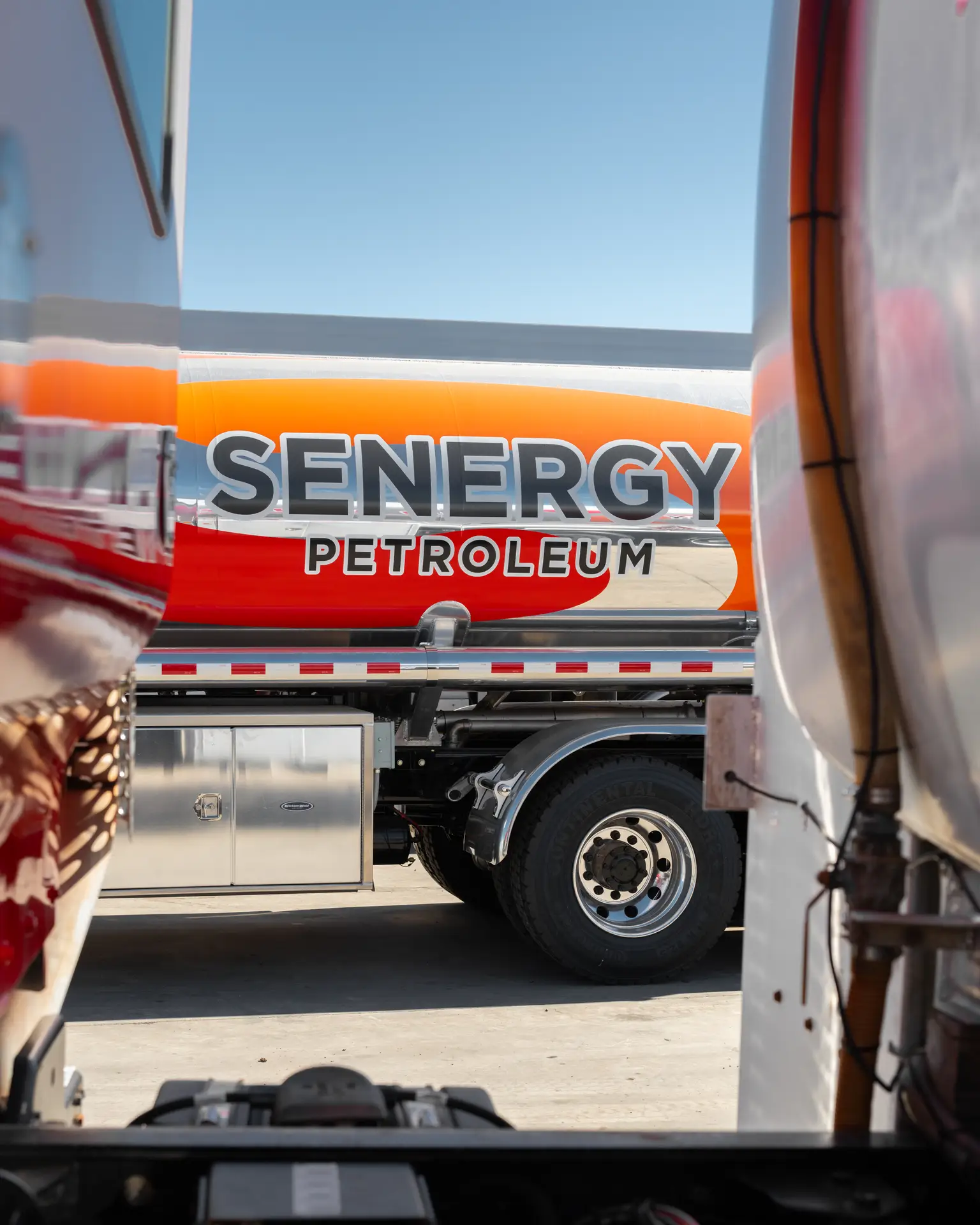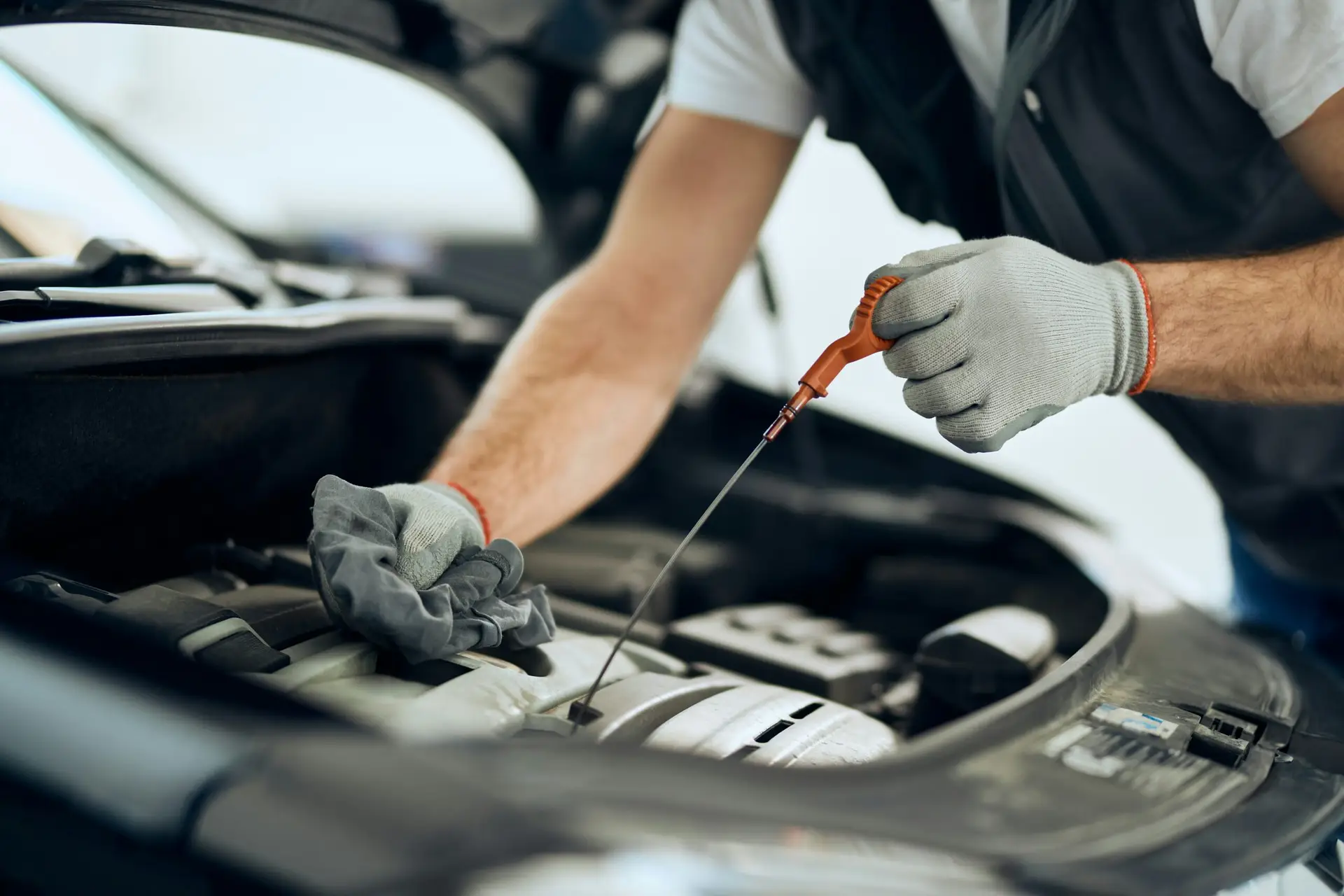Radiator fluids are not a one-size-fits-all solution. They vary based on chemical composition and the type of protection they provide. The most common types include Inorganic Acid Technology (IAT), Organic Acid Technology (OAT), and Hybrid Organic Acid Technology (HOAT).
IAT coolants, typically green, are suited for older vehicles and require frequent replacement. OAT coolants, often orange or dark green, provide long-lasting protection ideal for modern engines. HOAT blends the properties of IAT and OAT and is usually yellow, pink, or turquoise. Selecting the correct type involves understanding the specifications of your fleet’s engines.
Mixing incompatible coolants can lead to gelling and clogged radiators, creating unnecessary downtime. Advanced formulas like NOAT (Nitrited Organic Acid Technology) are specifically designed for diesel engines commonly found in commercial fleets. Each coolant type features unique corrosion inhibitors and chemical balances to meet specific engine needs. Using the right coolant enhances engine life and ensures peak performance under demanding conditions.





